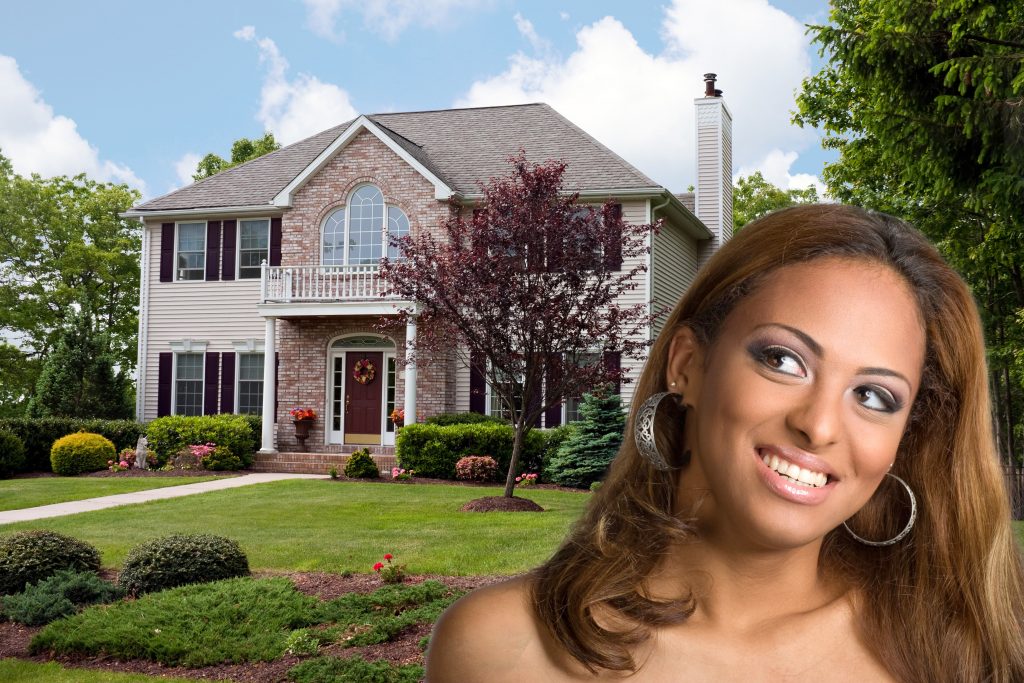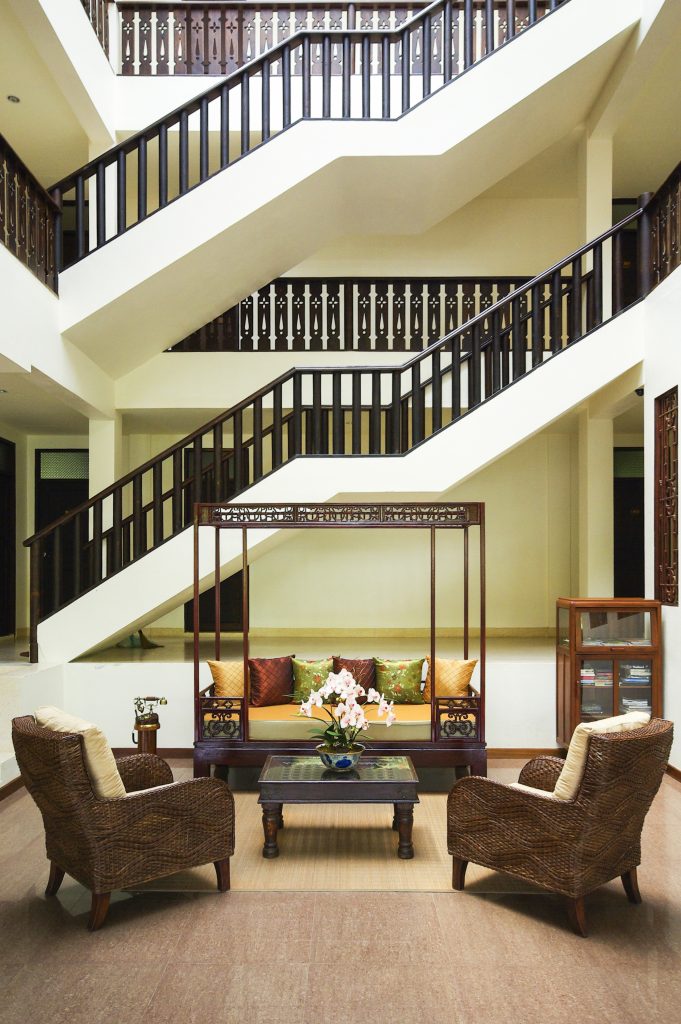A home building inspection is by far one of the most important parts of the home buying process for any potential buyer. Although home building inspections are optional, it is suggested that all buyers spend those additional funds to conduct a home building inspection.
The average cost of a home building inspection is between $ 300 and $ 500, depending on the area, but it can save the owner thousands of dollars in the long run. A home inspector can see and identify problems that anyone else might miss, alleviating unforeseen home repairs and additional costs.
Adding a home building inspection to any offer to purchase ensures that any problems that may arise are known in advance. This can affect not only the price of the offer but also the continuity of the contract.
What does a home building inspection cover?

The Australian Society of Home Inspections helps establish a standard of practice for home building inspections throughout Australia. A typical home building inspection includes structural standards, roof and attic inspections, basement inspections, HVAC, plumbing, appliance inspections, and garage space inspection.
Inspectors are considered third-party observers and their role are to provide objective information about any home for which they are asked to conduct an inspection. It is suggested that the buyer be present during this inspection so that they can ask the home inspector questions about any problems or discrepancies that the inspector or buyer observes.
Inspections can take 7-14 days to complete and receive depending on demand in the area. The inspection report will include the following:
- If the problem is a safety issue, a minor repair, or a major defect
- What items need to be replaced and what needs repair or maintenance
- Which items are suitable for use, but should be controlled by the buyer.
Once the buyer receives the home building inspection report, the buyer can counter-offer the seller with the required repairs and improvements to continue the current offer. If the seller is not willing to make these changes, the buyer can opt for a price reduction or decide to abandon the contract.
Additional building inspections

If there are additional concerns regarding a home or special circumstances, the buyer may request the following inspections in addition to the home inspection:
- Lead paint: If the home was built before 1978, this is extremely important to the family’s health.
- Termite and pest control: Termites and pests can quickly bring down the structure of any home. It is important for buyers to request this inspection and note that homeowners’ insurance typically does not cover termites. VA loans require a termite inspection in most states. The average cost of a termite inspection is about $ 100.
- Foundation Inspection: With an average cost of $ 300 to $ 400, this inspection is performed by a structural engineer. This is usually only necessary if a home inspector finds a problem with your inspection.
- Study of the size of the land: The average cost is between $ 300 and $ 700 and verifies the size of the land and if there is an easement of access to the property of others.
- Chimney inspection: This is absolutely essential in any home that has a fireplace. A fireplace requires an internal inspection for cracks and unforeseen problems. If this is not done, there is a risk of significant hazards inside the home. The average cost is $ 100 to $ 250.
- Water inspection: If the home is connected to a good system, it is suggested that the home receive a water inspection. Tests should be done to determine if the water contains chemicals such as lead, cadmium, and arsenic. The average cost of water testing is $ 150.
- Radon test: This should be necessary if the home inspector considers radon gas to be present. It is an affordable test with a cost of $ 15 to $ 25.
Additional tips

- Seller’s inspection: Some sellers may provide a home inspection conducted by their own company. As a buyer, it is always best to bring in an independent provider for this service in case there has been any intentional or unintentional improper persuasion.
- Problems Will Exist: Even newly built houses have minor home inspection problems. The job of home inspectors is to check every corner of the home for potential problems. That is why it is critical that a buyer be present during the home inspection to determine what is really a problem for the buyer and what is trivial.
- Don’t depend on the seller: Smart sellers won’t agree to fix everything, but the seller should take care of reasonable fixes. Major issues will need to be negotiated through the sale price.
Another article on this blog that might interest you:
